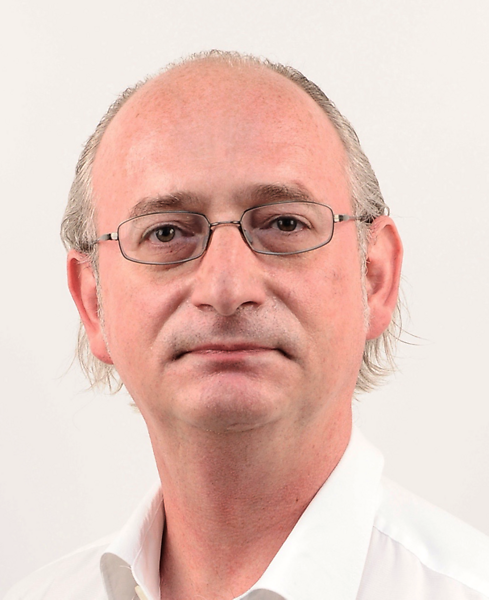[Seminar] Translational Supramolecular Chemistry by Prof. Stefan Matile (University of Geneva, Switzerland)

Date
Location
Description
Title:
Translational Supramolecular Chemistry
Abstract:
Supramolecular chemistry is about contacts between molecules. Translational supramolecular chemistry expects that offering new ways to get into contact on the molecular level will provide access to new structures and functions, which ultimately will allow us to tackle otherwise elusive challenges in science and society.
In this spirit, new interactions have been introduced to catalysis: Anion-π interactions in 2013, followed by chalcogen bonds in 2017 and pnictogen bonds in 2018. Several reactions and catalytic systems have been realized by now (foldamers, fullerenes, carbon nanotubes, artificial enzymes, electric fields, lipid bilayer membranes). Emergent properties include the breaking of the Baldwin rules and autocatalytic brevetoxin-like polyether cyclizations in π-acidic surfaces.
The same chalcogen bonds were the key to build mechanosensitive fluorescent probes that change color like lobsters during cooking. The resulting “fluorescent flippers” are the first small-molecule probes that can image physical forces in living cells. Mechanobiological changes in membrane tension can now be imaged throughout, from mitochondrial fission, endocytosis, secretory pathway, nuclear envelope to morphogenesis in early mammalian embryos. Addressing a current need in the life sciences, they had to be commercialized to assure distribution. Flipper probes are thus as an example for the direct translation of demanding supramolecular chemistry principles into products that do well on the market.
The third example for the spirit of translational supramolecular chemistry focuses on dynamic covalent exchange cascades to find new ways to enter into cells. The resulting thiol-mediated uptake emerges as complex network that encodes for cell penetration in the broadest sense, working from genome editing in live animals to general cytosolic delivery into deep tissue, explaining the mystery of FDA-approved antisense oligonucleotide phosphorothioates, affording inhibitors for the cellular entry of pathogens, including SARS-CoV-2 – but how does it really work?
CV :
Stefan Matile is a Full Professor in the Department of Organic Chemistry at the University of Geneva, a founding member of the National Centre of Competence in Research (NCCR) Chemical Biology and a founding member of the NCCR Molecular Systems Engineering. He is Director of his Department and has been Vice-President (2013-16) and President (16-19) of the School of Chemistry and Biochemistry. He became an ERC Advanced Investigator in 2010, a CH-ERC Advanced Investigator in 2022, an SNSF Level-1 Investigator in 2017, and a Chemistry Europe Fellow in 2022. He is the co-author of more than 350 publications, many in top journals (64 JACS/Au, etc), and has delivered more than 290 lectures all over the world. About half of the more than 100 junior researchers he has trained so far (PhD, postdoc) are now active in academia (Lithuania, China, France, Germany, India, Italy, Japan, Spain, South Korea, USA, etc); others preferred a career in Swiss industry (Firmenich, Nestle, DuPont, Siegfried, BASF, Roche, Novartis, JT, etc), or elsewhere. Educated at the University of Zurich (PhD, with Wolf Woggon) and Columbia University in New York (postdoc, with Koji Nakanishi), he started his independent academic career as an Assistant Professor at Georgetown University, Washington DC, before moving to Geneva.
Zoom Link: https://oist.zoom.us/j/93423517902?pwd=bTh5MUxDaUE5V2JsajRzU09PNU5BUT09
passcode: 926980
Host Units: Laurino Unit and Narita Unit
Subscribe to the OIST Calendar: Right-click to download, then open in your calendar application.



